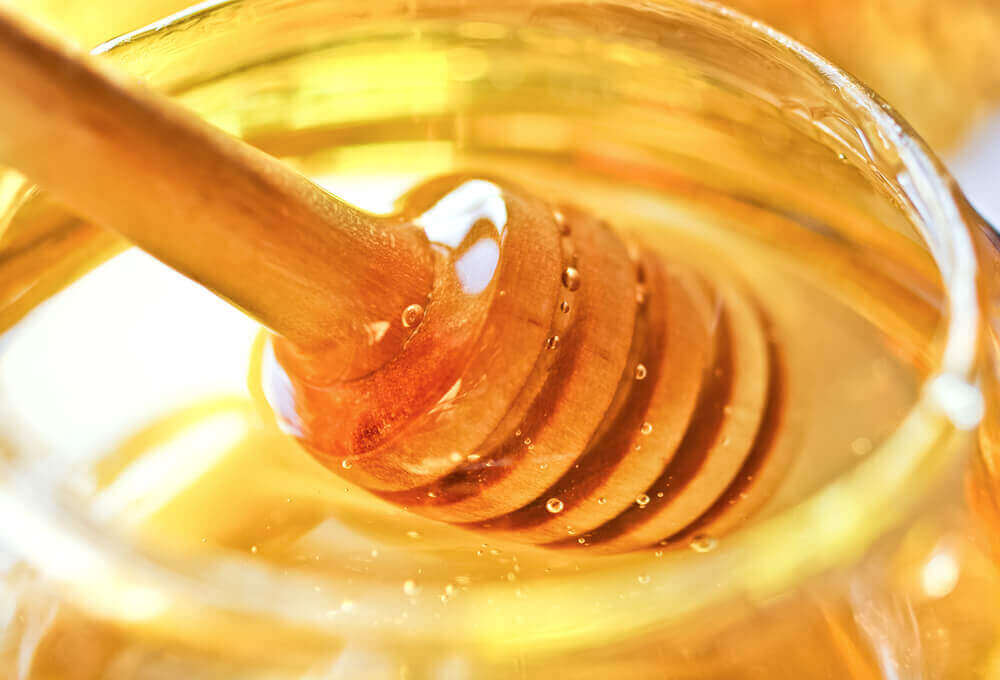Tips for Reducing Refined Sugar Consumption


Reviewed and approved by the nurse Leidy Mora Molina
Have you heard about the harmful effects of refined sugar on health? We’re sure you have, as it’s a topic that people speak about a lot on a social level. Find out about reducing refined sugar here.
So how can we start to eliminate it from our diets without having to give up so many products and dishes that we love? Nowadays, almost everything has sugar in it, it seems an impossible task!
In this article, we’ll give you some tips to help you choose healthy alternatives to sugar that are good for your body!
Do you still consume refined sugar?

As Dr. Kristina Rother, pediatrician, and NIH expert on sweeteners, explains, in order to survive, our body needs a type of sugar called glucose. “Glucose is the main food for the brain and is a very important source of fuel for the whole body.”
But there’s no need to add glucose to your diet, as it’s the body itself that can generate the glucose it needs by breaking down food molecules such as carbohydrates, proteins, and fats.
In addition, some sugars are found naturally in foods, such as fruits, vegetables, and milk. This is a natural and healthy way to add sugar to the diet. The problem lies in the added sugars in the vast majority of processed foods, and of course, in the amount of these types of food we consume every day.
Refined sugar is a poison for our bodies. Reducing refined sugar is essential. It has many negative effects. The main one is its capacity to stimulate insulin production, generating high pancreatic stress. It also has a strong impact when it comes to unbalancing the mechanism of hunger and satiety and even has an addictive power according to the “British Journal of Sports Medicine”.
On the other hand, sugar consumption has been linked to bone demineralization, because it resorts to calcium deposits in our bones to be digested. This statement is supported by the review published in the journal “Missouri Medicine”.
It’s important to change some of our lifestyle habits. Above all, it’s essential to start replacing ultra-processed foods with fresh foods, eliminate from the diet all industrial pastries, fried foods, and energy drinks that only contain harmful elements and don’t provide quality nutrients to the body.
Instead, we must increase the consumption of vegetables, fruit, whole grains (avoid processed ones, which usually contain large amounts of sugar), nuts and various types of meat and fish.
Want to know more? Read: 7 Signs You’re Eating too Much Sugar
The best alternatives for reduced refined sugar

In today’s market we can find sweeteners that serve as a substitute for sugar. These foods are not of excessive quality, as their sugar content is still high. However, their composition includes some minerals that refined sugar lacks.
Of course, it’s important to control the consumption of these products, not to abuse them, and to avoid buying them in processed form. In this case, we would be falling back into the trap of consuming refined sugar or any of its variants but hidden behind the name of another product.
When in doubt, it’s advisable to seek advice from a nutritionist.
- Bee honey: this delicious and nutritious food gives us a lot of energy and vitality and increases our defenses. It’s essential that it’s raw and organic honey, since most of the honey available to the public is highly adulterated.
- Cereal molasses: very nutritious and rich in minerals, cereal molasses (rice, barley, etc.) sweeten and give a touch of toasted flavor to food.
- Maple syrup: this syrup has very good nutritional values. It’s widely consumed in the United States and Canada.
- Agave syrup: it has a sweet, soft, and delicate flavor that’s ideal for all kinds of desserts.
- Panela: This is considered a food that, unlike sugar, has a significant content of glucose, fructose, minerals (such as calcium, iron and phosphorus), and vitamins such as ascorbic acid.
Beware of hidden refined sugar
If we decide to eliminate white sugar from our diet we must take into account that, as we mentioned, there are many processed foods that include it among their ingredients in large quantities. These are some of them:
- Sugared and alcoholic beverages and some packaged juices
- Pastry and bakery products, and sliced bread
- Processed dairy desserts
- Sweets
- Sausages
- Sauces, especially ketchup
- Breakfast cereals
In addition, chemical sweeteners such as aspartame or saccharin aren’t a good alternative because, although they have no calories, some studies suggest that if we consume them continuously, in the long run they can be harmful.
To keep in mind!
Sugar is a poor quality product that’s far too common in our current life. It’s a good idea to start reducing refined sugar and phasing it out of our diets, in order to prevent the onset of diseases in the medium and long term.
Opting to consume fresh products instead of processed ones is a fundamental strategy when trying to reduce the consumption of refined sugar.
All cited sources were thoroughly reviewed by our team to ensure their quality, reliability, currency, and validity. The bibliography of this article was considered reliable and of academic or scientific accuracy.
- Gea, D. E. (2005). El consumo de azúcar y sus consecuencias en la salud humana. Aprendiendo a Cuidar El Cuerpo Mente.
- Codex Alimentario. (2017). Alimentos azucarados. Código Alimentario Argentino.
- J Martaix, & F Sánches. (2008). Hidratos de carbono. Biouimica.
- Sanidad Privada, http://sanidadprivada.publicacionmedica.com/noticia/perjuicios-del-azucar-para-la-salud
- DiNicolantonio JJ., O’Keefe JH., Wilson WL., Sugar addiction: is it real? a narrative review. Br J Sports Med, 2018. 52 (14): 910-913.
- DiNicolantonio JJ., Mehta V., Zaman SB., O´Keefe JH., Not salt but sugar as aetiological in osteoporosis: a review. Mo Med, 2018. 115 (3): 247-252.
- Pearlman M., Obert J., Casey L., The association between artificial sweeteners and obesity. Curr Gastroenterol Rep, 2017. 19 (12): 64.
This text is provided for informational purposes only and does not replace consultation with a professional. If in doubt, consult your specialist.








